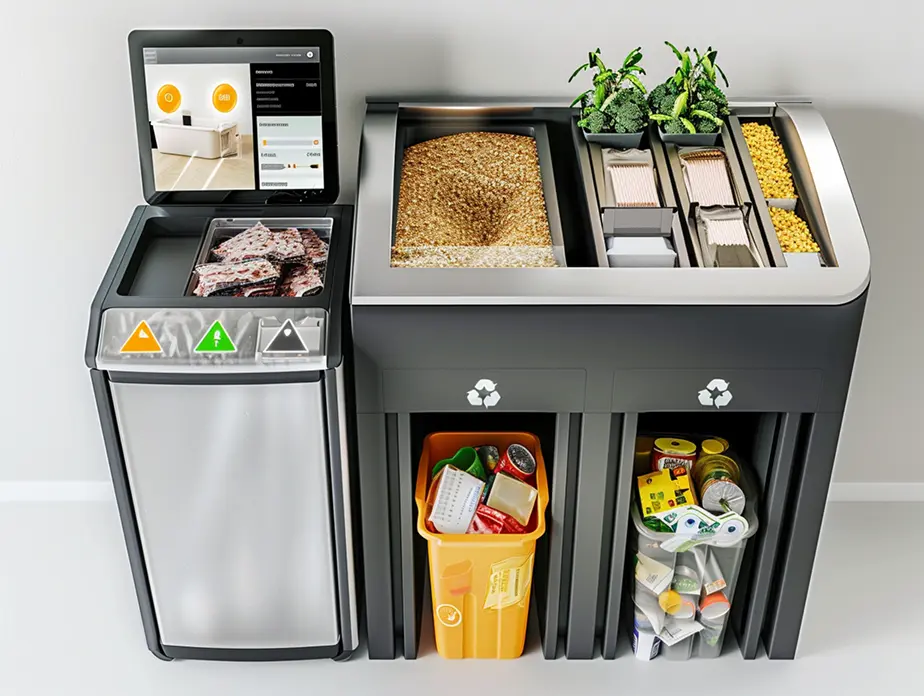Zero-waste lifestyle: AI's role in minimizing household waste

Embracing a zero-waste lifestyle becomes attainable with AI, guiding households in reducing waste through smart, sustainable practices.
AI tools analyze household consumption patterns, offering personalized recommendations to minimize waste, whether through smarter shopping habits, composting, or recycling strategies.
By identifying and suggesting reductions in single-use products and unnecessary purchases, AI contributes to broader environmental sustainability goals, reducing the overall ecological footprint of households.


AI serves as an educational resource, providing information and tips on sustainable living, helping households understand their impact and how to live more sustainably.
AI-driven platforms can encourage community engagement and collective action towards zero-waste goals, fostering a sense of responsibility and shared effort in environmental stewardship.
Consumer behavior influenced by AI recommendations can drive market demand towards more sustainable products and services, encouraging businesses to adopt greener practices.

The journey towards a zero-waste future is facilitated by AI, transforming waste management from a daunting challenge into a manageable, impactful practice.
AI optimizes waste sorting and recycling processes, making it easier for households to manage their waste effectively, reducing contamination and increasing recycling rates.
By predicting waste generation patterns, AI can help in planning more efficient waste collection and processing, reducing the carbon footprint associated with waste management.
AI can identify and propose innovative solutions to waste challenges, such as alternative uses for waste materials or new recycling technologies, pushing the boundaries of traditional waste management.
AI provides insights into waste generation behaviors, helping policymakers and organizations design more effective waste reduction campaigns and initiatives.
The widespread adoption of AI-guided zero-waste practices has the potential to significantly impact global waste reduction efforts, showcasing the role of technology in achieving environmental sustainability goals.
